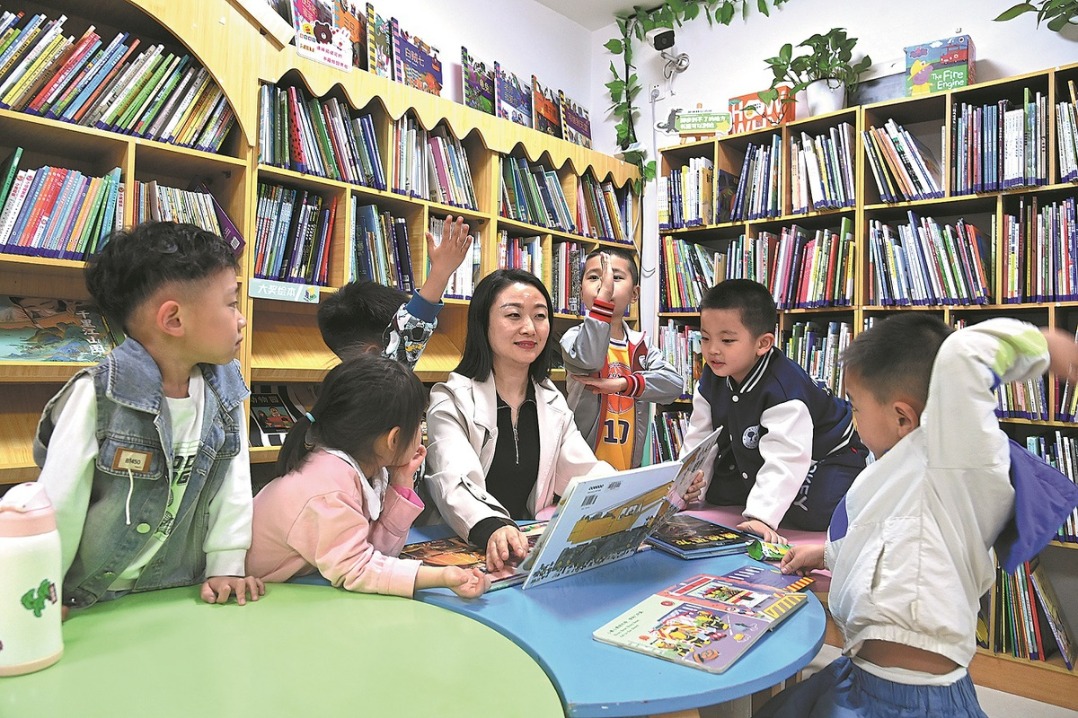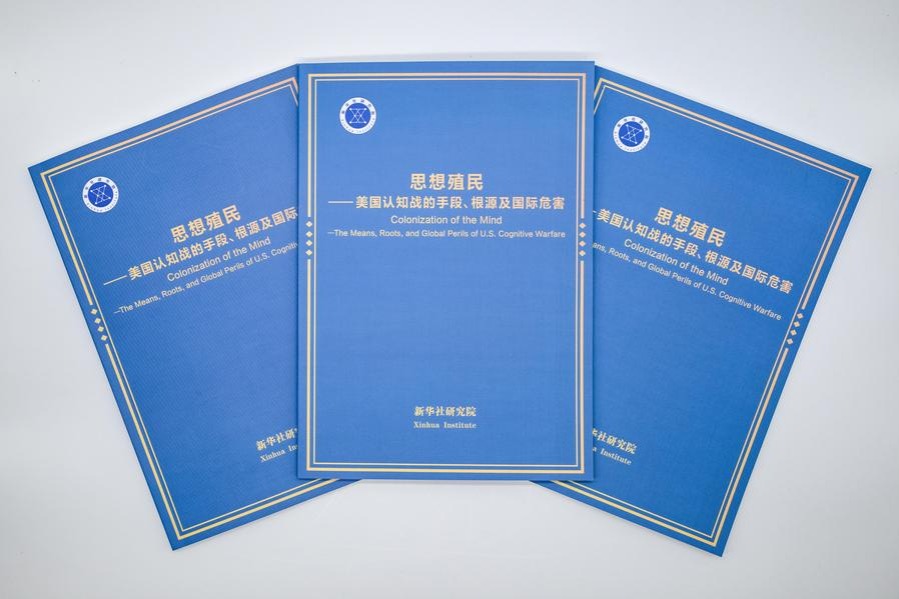Interim analysis of Phase 3 clinical trial shows CoronaVac vaccine safe, effective: Lancet


LONDON - Interim analysis of Phase 3 clinical trial of the CoronaVac vaccine in more than 10,000 participants in Turkey suggests the efficacy of two doses of the vaccine is 83.5 percent against symptomatic cases of COVID-19, according to a study published on Thursday in The Lancet, a weekly peer-reviewed general medical journal.
The randomized controlled clinical trial was conducted in Turkey using the CoronaVac COVID-19 vaccine, developed by Chinese pharmaceutical company Sinovac Biotech. The trial involved over 10,000 participants aged 18 to 59 years. They were randomly assigned to receive two doses of the vaccine (given 14 days apart) or a placebo.
The preliminary findings indicated that CoronaVac induced a robust antibody response, and no severe adverse events or deaths were reported among the participants. Most adverse events were mild and occurred within seven days of an injection, according to the study.
However, more research is needed to confirm vaccine efficacy in the long term, in a more diverse group of participants, and against emerging variants of concern, said the study.
CoronaVac uses an inactivated whole virus, compelling a recipient's immune system to attack the harmless form of the virus by producing antibodies to fight it off, leading to immunity.
The vaccine can be stored and transported at 2 to 8 degrees Celsius and has been in Phase 3 trials since mid-2020 in Brazil, Indonesia, Chile, and Turkey, according to The Lancet.
"One of the advantages of CoronaVac is that it does not need to be frozen, making it easier to transport and distribute. This could be particularly important for global distribution, as some countries may struggle to store large amounts of vaccine at very low temperatures," said Murat Akova, lead author of the study and a professor at Hacettepe University School of Medicine in Ankara.





































